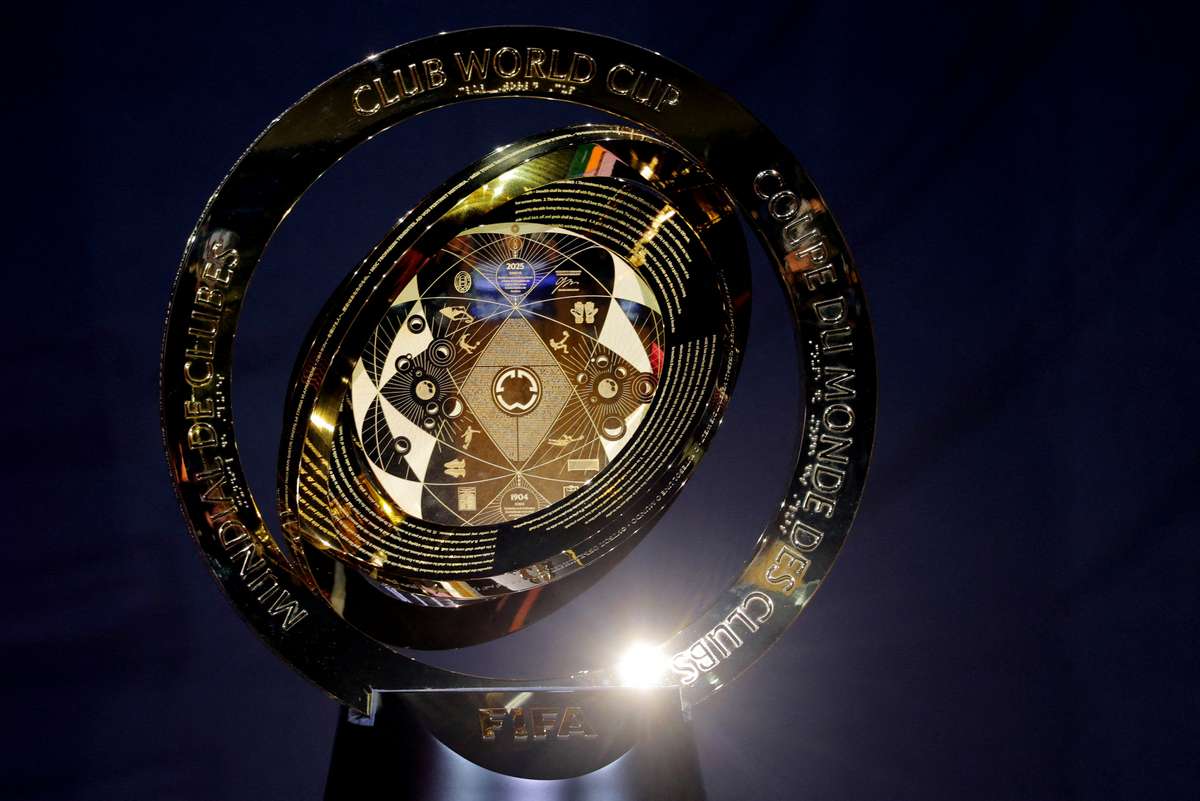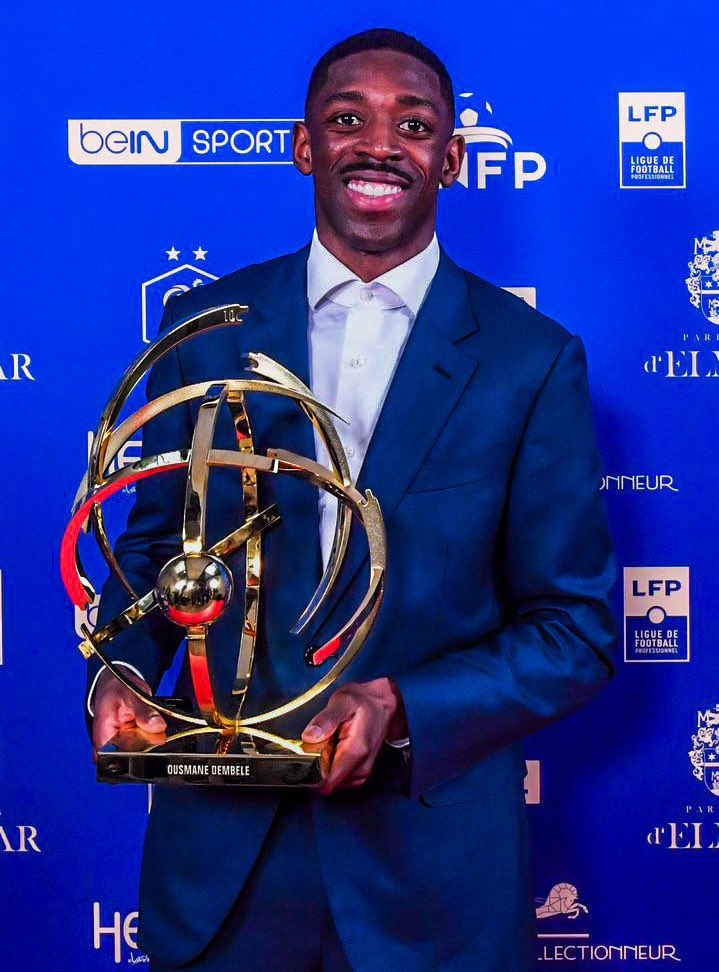FIFA has revealed groundbreaking financial details for the upcoming 32-team Club World Cup, with the tournament winners set to earn up to $125 million in prize money.
The international football governing body confirmed a total prize pool of $1 billion for the tournament, scheduled to take place from June 14th to July 13th in the United States. This unprecedented financial commitment comes at a critical time of increased financial scrutiny in club football.
FIFA President Gianni Infantino emphasized the organization’s commitment to redistributing revenue directly to clubs. “FIFA will neither retain any funding for this tournament, as all revenues will be distributed to club football, nor will it touch FIFA’s reserves,” Infantino stated.
Prize Distribution Structure
The $1 billion prize money will be allocated through a complex mechanism:
Approximately half the total will be distributed among the 32 participating clubs
Distribution will be based on sporting and commercial criteria
Larger clubs like Manchester City and Real Madrid are expected to receive a higher percentage
An additional $475 million will be awarded based on tournament performance
The performance-based model means teams advancing further in the tournament will earn substantially more, with the champion potentially receiving the full $125 million top prize.
Player Welfare Concerns
Despite the financial incentives, the tournament has sparked concerns about player welfare. England captain Harry Kane acknowledged the challenges of another packed summer schedule.
“Of course it’s another summer where you don’t really have a break,” Kane said. “I think we’re getting used to it. There’s nothing really we can do about it.”
Some players remain optimistic. Bayern Munich’s striker expressed confidence, stating, “We’re one of the best teams in the world, without a doubt, so every tournament we go into, the idea is to win.”
The expanded Club World Cup represents a significant evolution in international club football, promising high stakes both on the field and financially.









